
The right aids may help memory or provide reassurance for people with dementia and their relatives – for example location systems and electronic calendars.
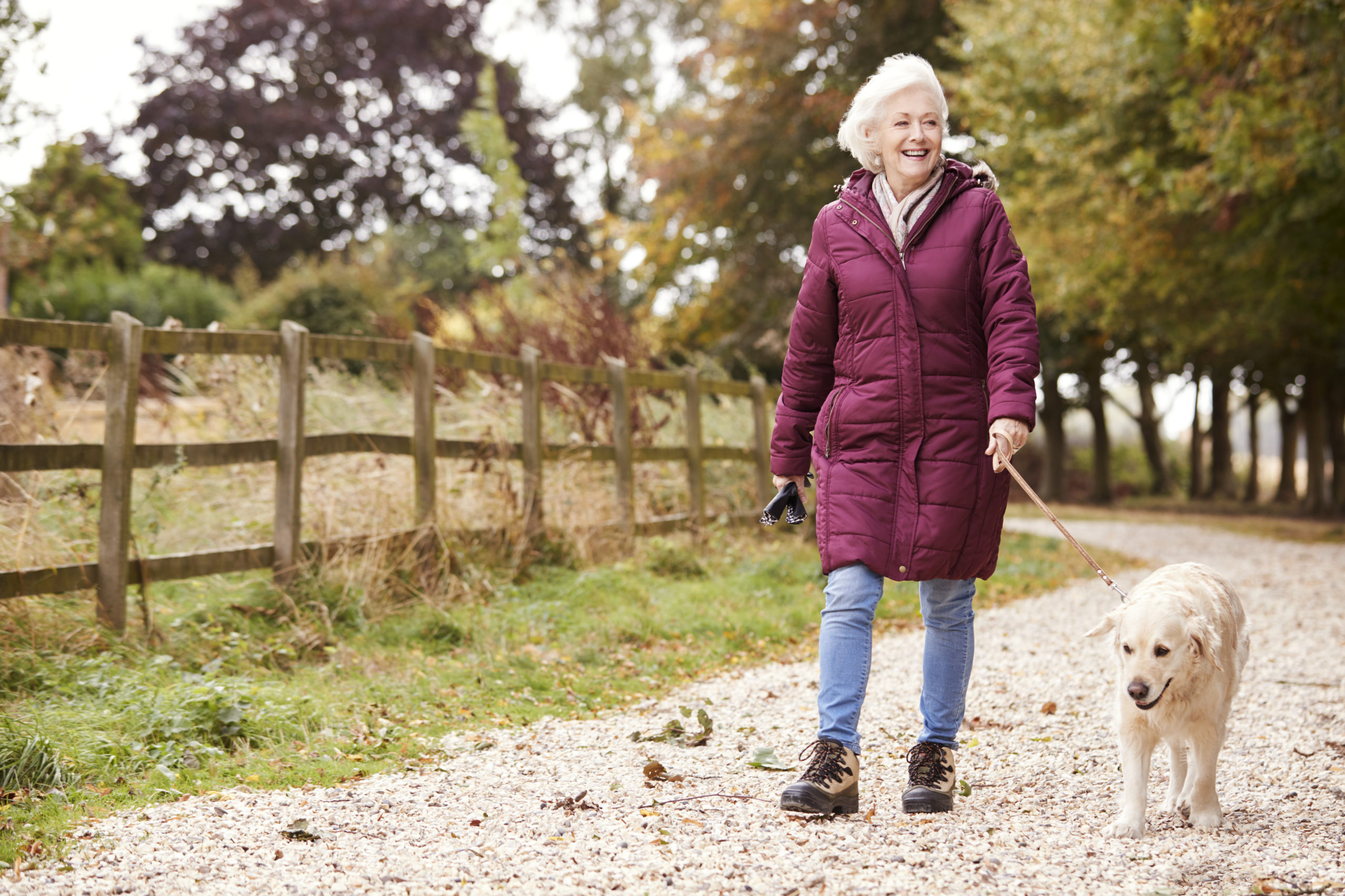
GPS monitoring can save lives when people with dementia wander. However, there are both ethical and technical challenges with the GPS system.
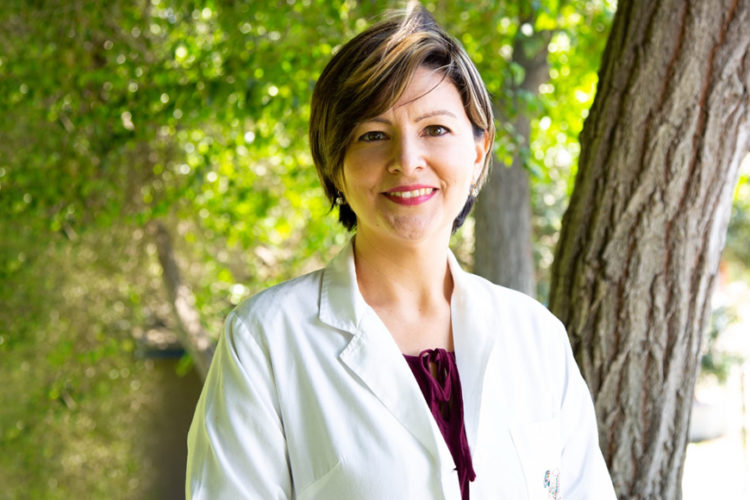
Anyone can get dementia. It is possible to do something about some of the risk factors, while others such as age and genetics cannot be altered.
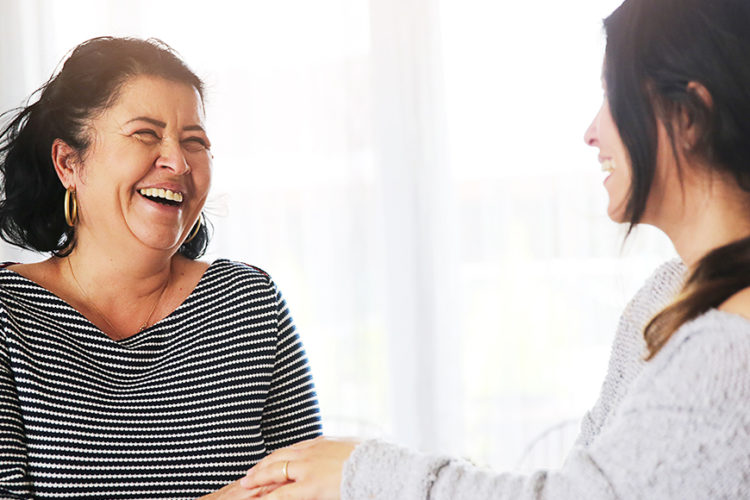
Body language and the way you speak become more important when language understanding begins to fail. Read the advice about good conversations with people with dementia.
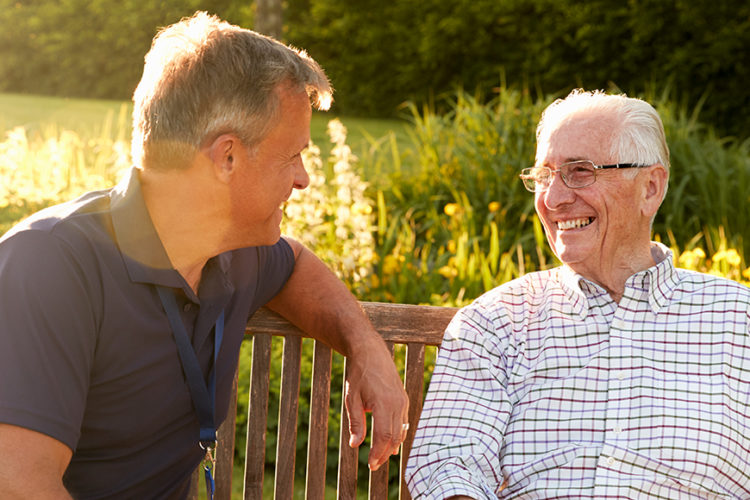
Dementia symptoms are most often insidious. However, sooner or later the illness becomes serious and the person with dementia becomes completely care-dependent.
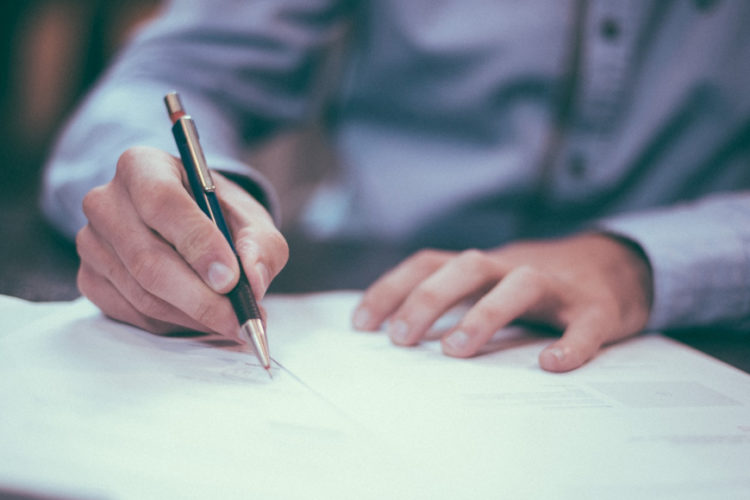
Early signs of Alzheimer’s and other dementia disorders most often show up as changes in behaviour, despite many people believing that the memory is affected first.
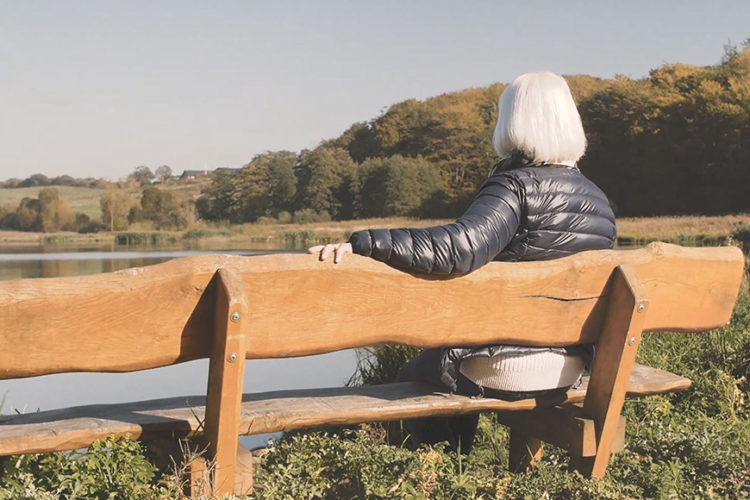
Once every three hours a person dies in Denmark due to a dementia disorder. Dementia is the fifth most common cause of death in Denmark, but you can live with dementia for a long time.

Dementia is an umbrella term for a number of diseases. Alzheimer’s disease is one of several dementia disorders. It is important that the right diagnosis is made.
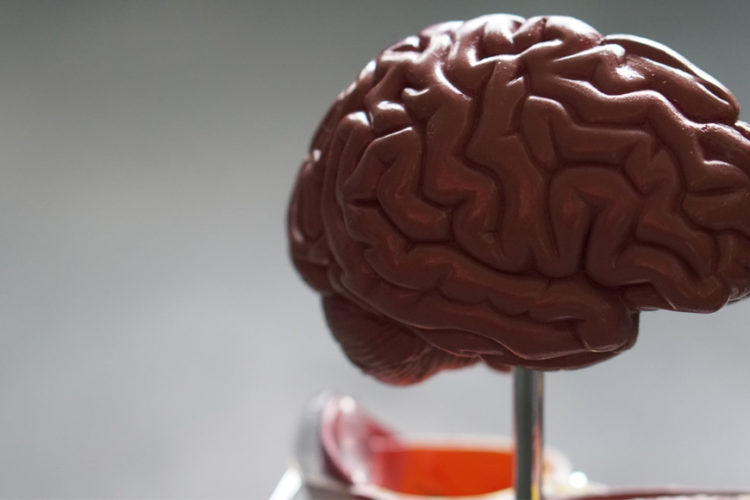
Dementia is an umbrella term for diseases that give dementia symptoms. Read about the various diseases, prevention and other complications.

Being a relative of a person with a dementia disorder is hard. We have gathered the best advice to help you take care of yourself.